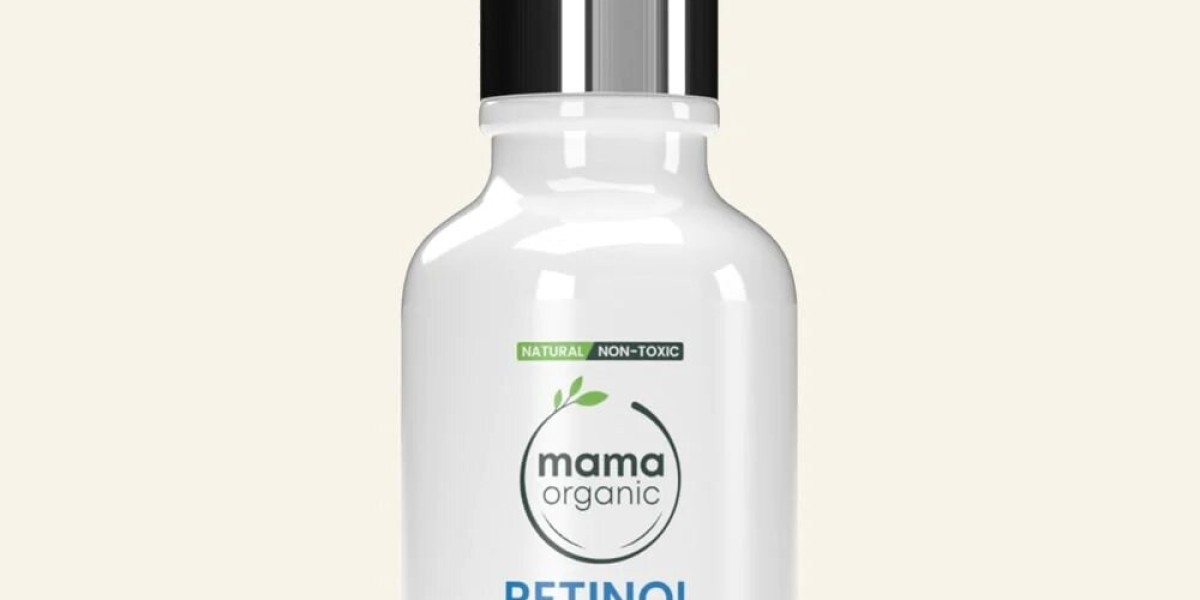Introduction to Retinol
Retinol, a derivative of vitamin A, has gained widespread popularity in the skincare industry for its remarkable benefits. From combating signs of aging to treating acne, retinol is hailed as a skincare powerhouse that can transform the complexion.
Benefits of Retinol for Skin
Retinol Serum offers a plethora of benefits for the skin. Its potent anti-aging properties stimulate collagen production, reducing the appearance of fine lines, wrinkles, and age spots. Additionally, retinol is effective in treating acne by unclogging pores and regulating oil production. It also helps improve overall skin texture and tone, resulting in a smoother, more radiant complexion.
How Retinol Works
Retinol works by promoting cell turnover and stimulating the production of new skin cells. It penetrates deep into the skin, where it activates retinoic acid receptors, triggering various cellular processes that lead to rejuvenation and repair. This results in firmer, healthier-looking skin with improved elasticity and resilience.
Types of Retinol Products
Retinol is available in various formulations, including creams, serums, and prescription-strength treatments. Over-the-counter retinol products typically contain lower concentrations, making them suitable for daily use, while prescription formulations may contain higher doses for more intensive treatment of specific skin concerns.
When selecting a retinol product, it's essential to consider factors such as skin type, sensitivity, and desired outcomes. Begin with a lower concentration and gradually increase as tolerated to minimize the risk of irritation. Those with sensitive skin may benefit from encapsulated retinol formulations, which release the active ingredient gradually to reduce the likelihood of adverse reactions.
How to Incorporate Retinol into Skincare Routine
To maximize the benefits of retinol while minimizing side effects, it's crucial to incorporate it into a consistent skincare routine. Start by applying a pea-sized amount of retinol to clean, dry skin in the evening, gradually increasing frequency as tolerated. Always follow up with a moisturizer to help alleviate any dryness or irritation.
Possible Side Effects of Retinol
While retinol is generally well-tolerated, some individuals may experience side effects such as redness, peeling, and increased sensitivity to sunlight. To mitigate these effects, start with a lower concentration and use sunscreen daily to protect the skin from UV damage.
Myths and Misconceptions about Retinol
There are several myths and misconceptions surrounding retinol, including concerns about its safety during pregnancy and misconceptions about its effectiveness on sensitive skin. It's essential to separate fact from fiction and consult with a dermatologist for personalized advice.
Retinol Alternatives
For those with sensitive skin or intolerances to retinol, there are alternative skincare ingredients that offer similar benefits, such as bakuchiol, peptides, and Vitamin C Serum. While they may not be as potent as retinol, they can still help improve the overall health and appearance of the skin.
Consulting a Dermatologist
Before incorporating retinol into your skincare routine, it's advisable to consult with a dermatologist or skincare professional, especially if you have pre-existing skin conditions or concerns. They can provide personalized recommendations based on your individual needs and help mitigate any potential risks or side effects.
Customer Reviews and Testimonials
Real-life experiences and testimonials from retinol users can offer valuable insights into its efficacy and potential side effects. Positive reviews often highlight improvements in skin texture, clarity, and overall appearance, reaffirming retinol's status as a skincare staple.
FAQs about Retinol
Is retinol safe for all skin types?
- While retinol is generally safe for most skin types, those with sensitive or reactive skin may experience irritation. It's essential to start with a lower concentration and patch-test before full application.
Can retinol be used during pregnancy or breastfeeding?
- It's generally recommended to avoid retinol and other vitamin A derivatives during pregnancy and breastfeeding due to potential risks to the fetus or infant. Consult with a healthcare professional for personalized advice.
How long does it take to see results with retinol?
- Results with retinol may vary depending on individual skin concerns and the concentration of the product. While some users may notice improvements in as little as a few weeks, it can take several months to see significant changes in skin texture and appearance.
Can retinol be used in the morning?
- Retinol is best used in the evening as it can increase sensitivity to sunlight. However, if you choose to use retinol during the day, be sure to follow up with a broad-spectrum sunscreen with SPF 30 or higher to protect the skin from UV damage.
Is it normal to experience dryness and peeling with retinol?
- Yes, dryness and peeling are common side effects when first starting retinol. This is often temporary and can be mitigated by using a gentle moisturizer and reducing the frequency of application until the skin adjusts.
The Future of Retinol in Skincare
As advancements in skincare technology continue, the future of retinol looks promising. Innovations such as stabilized formulations and targeted delivery systems aim to enhance efficacy while minimizing side effects, making retinol more accessible to a wider range of consumers.
Conclusion
Retinol remains a cornerstone in skincare https://ulatroi.net/ due to its proven efficacy in addressing various skin concerns, from signs of aging to acne. By understanding how retinol works, choosing the right product, and incorporating it into a consistent skincare routine, individuals can reap the benefits of this powerhouse ingredient for healthier, more youthful-looking skin.







